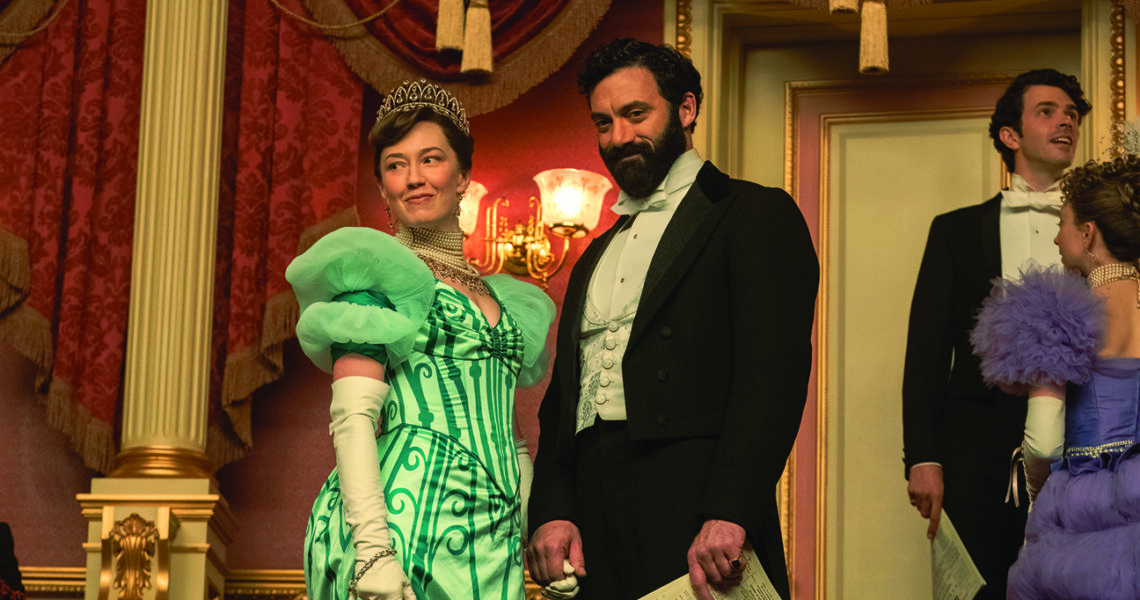The Gilded Age Creator Hints at Season Three with a Retelling of Opera Wars
Leave it to Julian Fellowes, the man who made his career mining the aristocracy, to eke a season’s worth of narrative tension out of dueling opera houses. That’s what the Gilded Age creator did during the second run of his HBO series, which chronicled a heavily fictionalized war of the old-money-backed Academy of Music and the new-money alternative, the Metropolitan Opera. (Name recognition alone should give you a hint how that turned out.) But, for the Emmy-winning writer of Downton Abbey, the debate about opera allegiances is ultimately symbolic. “These new people, they were juggernauts,” he says. “They knocked down everything in their path. In many ways, it was the preamble to the 21st century, the American Century.”
“Opera wars” isn’t an obvious arc for a pricey period drama. What was your pitch?
I’m always in the market for real things, whatever period, to give you an idea of what the characters would be talking about at breakfast. Someone said to me, “Oh, you do know all about the opera wars?” It seemed so incredible that the old guard, having the Academy of Music, would try to keep these people out — these Vanderbilts and Rockefellers — when they could have easily built new boxes for them. I love the hopeless confidence that they could defend the past from the future.
It’s such an opulent show. What’s the most unexpected expense?
Period drama is always expensive, but I make it my business to keep out of the bits I don’t regulate. (Laughs.) I don’t really spend much time on budgets. I write it, and if they come back and say, “We can’t afford the ball,” then I think of another way of doing it. Suddenly, we’re having a dinner.
How many unfilmed balls are in your drafts?
Certainly, things have fallen by the wayside. I like to have half a dozen scenes in the season to really take you into a kind of wonderland. I like the feeling, when watching an episode, that the viewer feels they’ve taken part in something.
But, first draft, you write big?
What I would say to new writers is, “Don’t worry about that. Write the ball. Write the battle.” Let others worry about whether they can film it or not. If they can’t for some reason, which may be perfectly legitimate, find another way of getting the same narrative moment and creating the same tensions in another environment.
You’re back in production now. What can you tease about season three?
The Gilded Age was very mixed. There were all these tremendous businesses and banks — all before there were rules governing them. It was a complete free-for-all. What I like to emphasize is that behind the ballrooms and the clothes and the carriages, these giant men with these enormous egos were doing things. They didn’t share our generation’s sentimental view. We like to spend about half of our day in tears for everyone having a terrible time. There is something about their braggadocio that I find rather appealing. It doesn’t mean I’m like them. —
This story first appeared in an August stand-alone issue of The Hollywood Reporter magazine. To receive the magazine, click here to subscribe.

